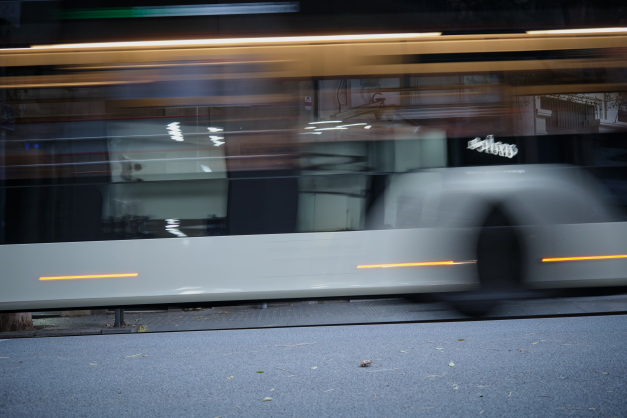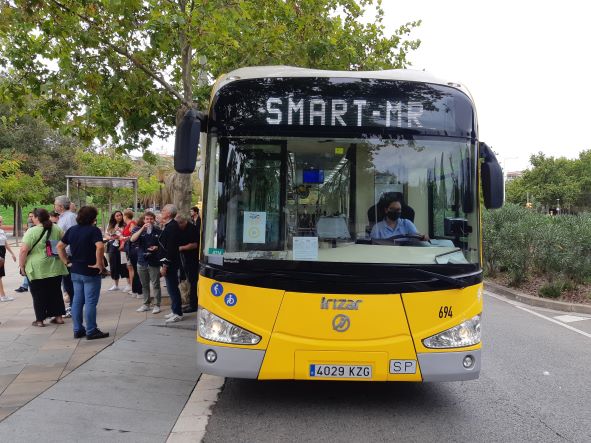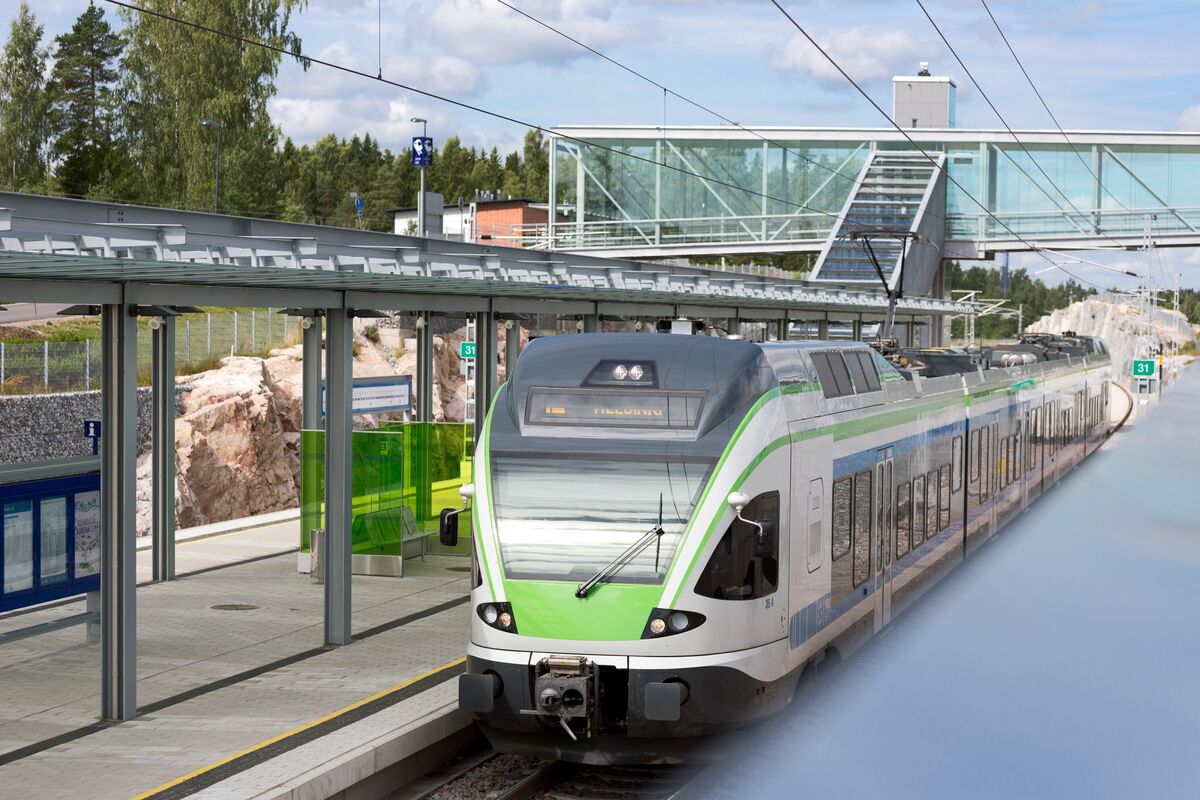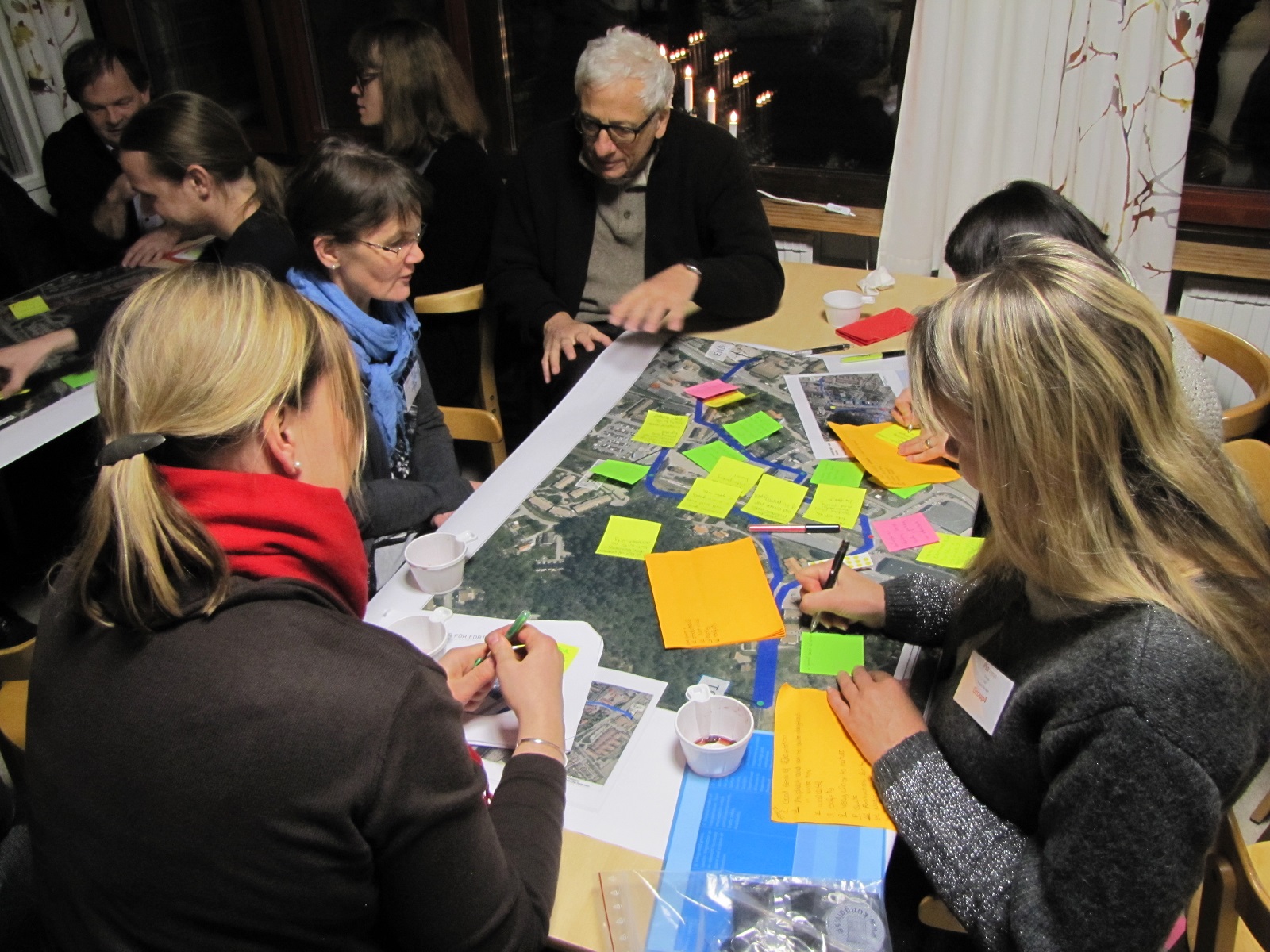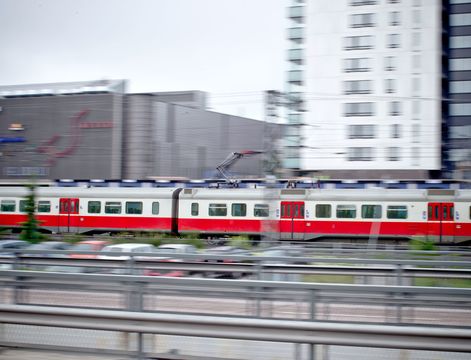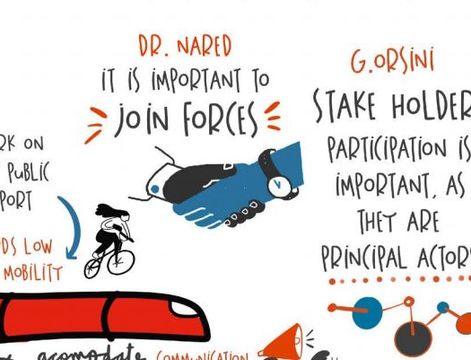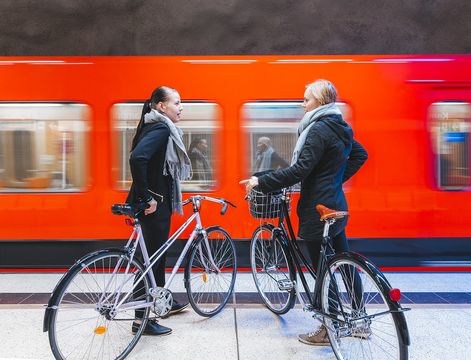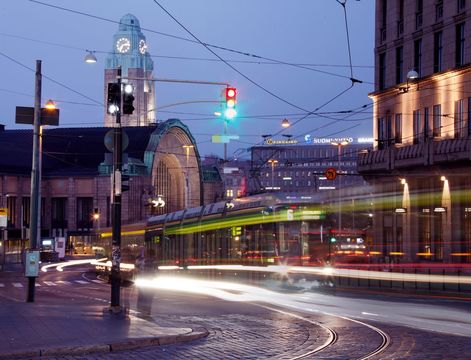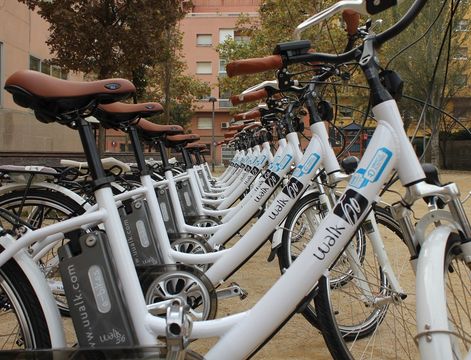The Workshop was organised by the Metropolitan City of Capital Rome under the title of ‘Creating a Regional Sustainable Mobility Plan’.
Over 40 participants from 8 metropolitan regions – Oslo and Akershus (Norway), Göteborg (Sweden), Helsinki (Finland), Budapest (Hungary), Porto (Portugal), Barcelona (Spain), Ljubljana (Slovenia) and Rome (Italy) – took part to the second workshop of the SMART-MR project.
The meeting opened with the official welcomes of Fabio Fucci, Deputy Mayor of the Metropolitan City of Capital Rome, Janez Nared, SMART-MR Project Manager, and Giampiero Orsini, Director of the Mobility Department of the Metropolitan City of Capital Rome, who also introduced the project.
Prof. Francesco Filippi from the CTL (the Research Centre for Transport and Logistics) of Sapienza University of Rome opened the section of the expert speeches with a presentation about the future of mobility planning and the changes that are taking place, then the project partners presented their significant local experiences.
After that, during the first section of the workshop, the metropolitan areas participating in the project exchanged their experiences by four discussion groups arranged into four working tables focussing on the ‘Preliminary Actions for Making Sustainable Mobility Plans’. The tables were attended by representatives of the partners and the stakeholders and were divided between two sets of questions: ‘Data as a Tool for a “Tailor Made” Mobility Plan’ and ‘What Factors Influence Planning’.
In the afternoon, a site visit to Tiburtina Station was organised in collaboration with Trenitalia, RFI and ATAC, participating in the project in quality of stakeholders. The station is a major interchange node of the City transport system, integrating high-speed and commuter trains, long-distance and city buses, metro, taxis, car sharing services and an exchange parking.
The second day began with the presentation, in a plenary meeting, of the results of the previous day tables. A merged list of the most important topics faced during the panel groups was shown and discussed, then the meeting proceeded with the interventions of some Italian experts in the field of mobility: Luigi Costanzo and Alessandra Ferrara from ISTAT (the Italian Statistic Institute) spoke about a fact-based planning of sustainable mobility; Andrea Pasotto and Chiara Di Maio from Rome Mobility Agency talked about plans and instruments for a sustainable planning of Rome; Gianluca Naso presented the experience of ATAC, the local transport agency of Capital Rome, that provides bus and metro services for the mobility of 2.800.000 residents, tourists and commuters.
After that, a new round of the workshop tables took place focussing on ‘Improving the Quality of a Sustainable Mobility Plan’. The tables were divided again between two sets of questions: ‘Monitoring and Evaluation’ and ‘Learning from Experience: Innovative Solutions’ and the merged list of the most important topics was presented in a plenary discussion.
Giampero Orsini and Janez Nared made the final conclusions of the workshop highlighting the success of the exchange of experiences on the complex issue of planning sustainable mobility in different metropolitan areas and the innovative solutions to the common problems.
The third project workshop is planned for next June in Oslo on the topic of transport of goods and freights.


